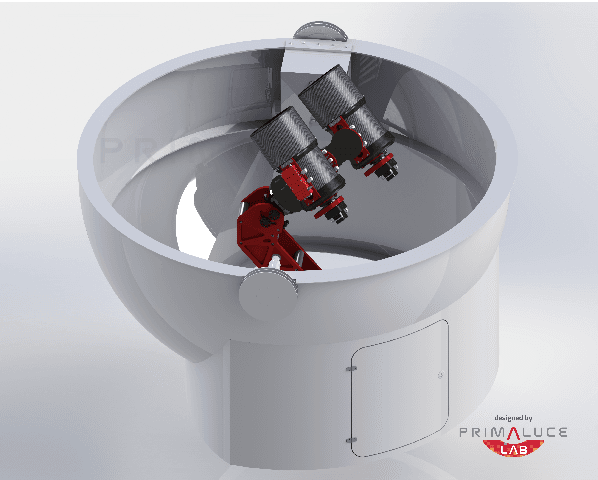New SST Optical Sensor of Pampilhosa da Serra: studies on image processing algorithms and multi-filter characterization of Space Debris
Paper and Code
Jul 05, 2021


As part of the Portuguese Space Surveillance and Tracking (SST) System, two new Wide Field of View (2.3deg x 2.3deg) small aperture (30cm) telescopes will be deployed in 2021, at the Pampilhosa da Serra Space Observatory (PASO), located in the center of the continental Portuguese territory, in the heart of a certified Dark Sky area. These optical systems will provide added value capabilities to the Portuguese SST network, complementing the optical telescopes currently in commissioning in Madeira and Azores. These telescopes are optimized for GEO and MEO survey operations and besides the required SST operational capability, they will also provide an important development component to the Portuguese SST network. The telescopes will be equipped with filter wheels, being able to perform observations in several optical bands including white light, BVRI bands and narrow band filters such as H(alpha) and O[III] to study potential different objects' albedos. This configuration enables us to conduct a study on space debris classification$/$characterization using combinations of different colors aiming the production of improved color index schemes to be incorporated in the automatic pipelines for classification of space debris. This optical sensor will also be used to conduct studies on image processing algorithms, including source extraction and classification solutions through the application of machine learning techniques. Since SST dedicated telescopes produce a large quantity of data per observation night, fast, efficient and automatic image processing techniques are mandatory. A platform like this one, dedicated to the development of Space Surveillance studies, will add a critical capability to keep the Portuguese SST network updated, and as a consequence it may provide useful developments to the European SST network as well.
 Add to Chrome
Add to Chrome Add to Firefox
Add to Firefox Add to Edge
Add to Edge